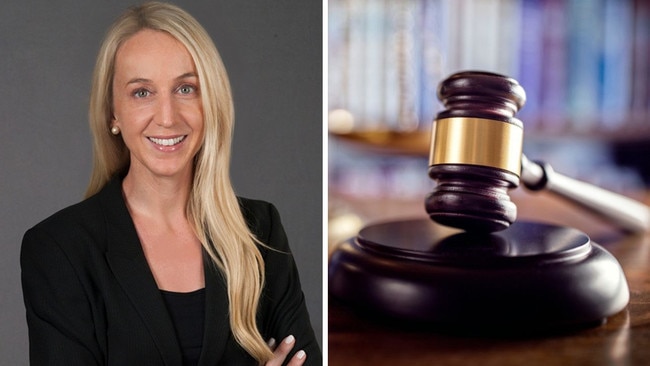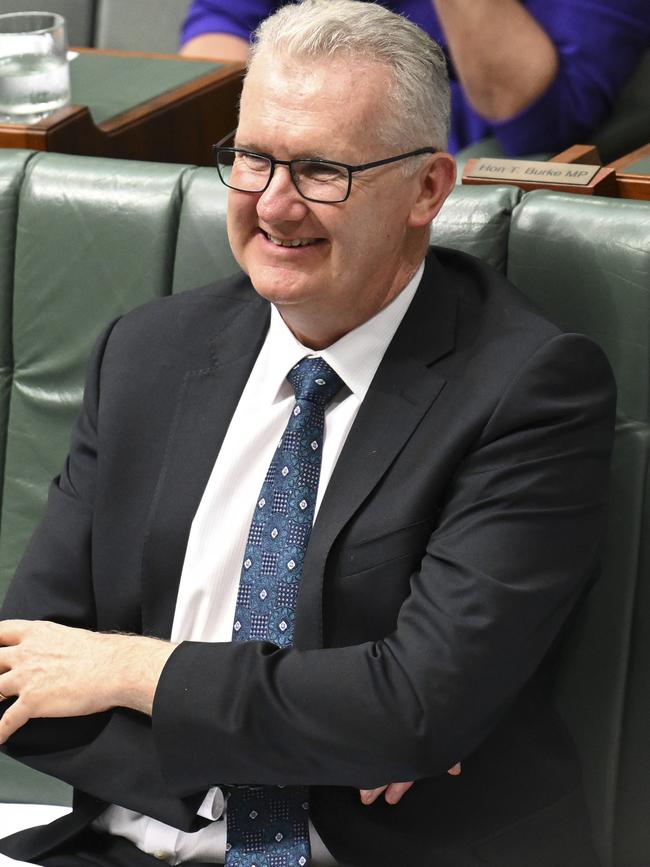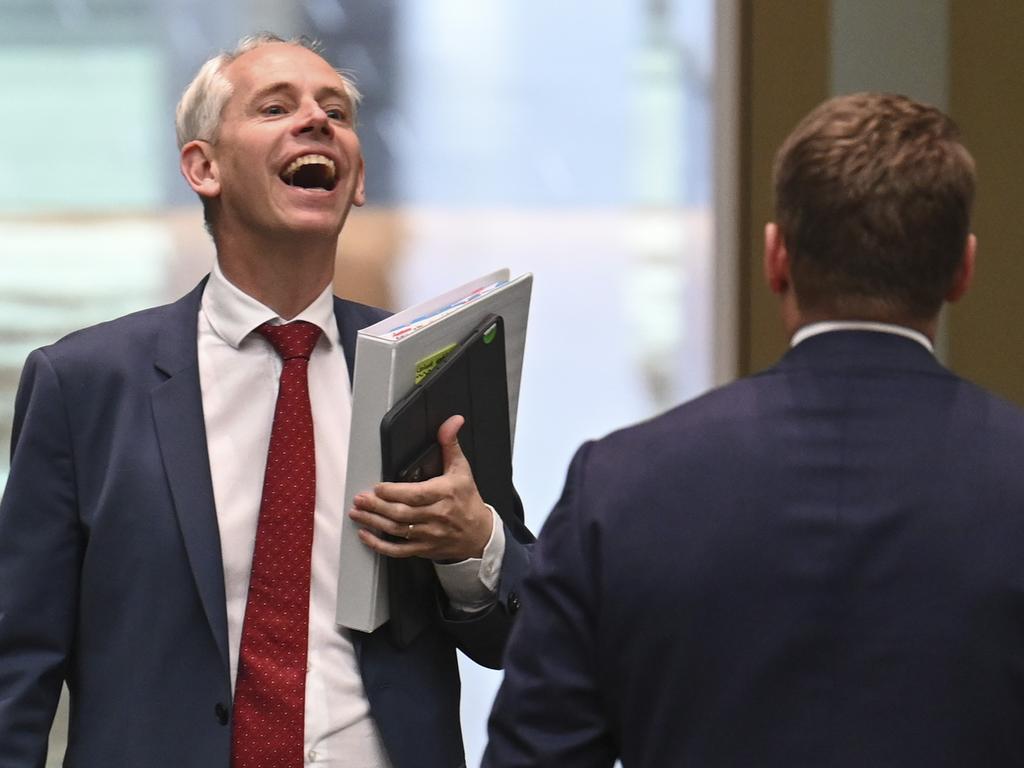AAT tribunal member Vanessa Plain slammed for ‘copy and paste’ immigration judgment
A judge has blasted the AAT for copying the reasons of the immigration minister’s delegate when affirming a decision to strip an Indian immigrant of his student visa.

A Federal Circuit and Family Court judge has slammed the Administrative Appeals Tribunal for copying and pasting the reasons of the immigration minister’s delegate when affirming a decision to strip an Indian immigrant of his student visa, saying the tribunal “failed to bring its own independent mind to the review”.
Judge Val Gostencnik found tribunal member Vanessa Plain engaged in the “extensive, uncritical and unattributed” copying of the delegate’s reasoning when endorsing the minister’s decision to revoke Mohammaed Maazuddin’s visa because of incomplete study requirements.
As such, Judge Gostencnik ruled Ms Plain’s 2020 decision be quashed, and the matter return to the AAT for determination.
“The overall impression gained ... is that the material findings of fact and the reasoning adopted by the tribunal were that of the delegate, which were reproduced in the decision without attribution or acknowledgement,” he wrote in his judgment.
“The tribunal failed to bring its own independent mind to the review. Consequently, I consider the tribunal failed to discharge the statutory task imposed on it to consider the matter on review for itself afresh, so as to make a decision it considered the correct and preferable one.”
Judge Gostencnik ordered the government to pay Mr Maazuddin’s $8000 legal costs for the matter.
The decision raises the latest in a long list of issues concerning recent immigration decisions, with The Australian on Monday revealing the government had won a case filed by an Iranian man, anonymised as EUD24, who had sought to reverse ousted former immigration minister Andrew Giles’s decision to personally cancel his visa on June 2.
The Iranian was convicted of common assault and sentenced to a year in prison after he attacked his partner when she was 36 weeks pregnant.
EUD24’s lawyers had argued the decision to strip his visa was unreasonable, and pointed to a litany of examples of “poor staff work” in the department’s submissions including typos and incorrect references to legislation.
They had also submitted that the government’s decision relied on “copied advice” provided to Mr Giles, and was therefore “lacking genuine, case-specific consideration”.
Judge Gostencnik, ruling in favour of Mr Maazuddin, agreed that Ms Plain, who has previously been accused of being overpaid for her AAT work while holding down another job, copied “many subjective or contentious findings” from the delegate when handing down her decision.
“Extensive, uncritical and unattributed copying of a party’s submissions or another decision-maker’s decision by a tribunal (or by a judge) may amount to jurisdictional error or vitiate a decision where the reasons are such that it should be inferred that they are not the product of the active application of an independent and impartial mind,” his judgment reads.
“Jurisdictional error of this kind may be characterised on several bases, including: (a) inadequacy of reasons; (b) constructive failure to exercise jurisdiction; (c) bias; (d) a failure to discharge the statutory role or function; (e) a failure to give independent and impartial consideration to the evidence and the issues; or (f) a denial of procedural fairness.”
The AAT was last year swamped with visa review applications, which can take years to process and can also often lead to appeals in federal courts.

Figures show the number of international students who lodged reviews of their student visa refusal or cancellation between September 1, 2022, and August 31, 2024, soared to 15,754, compared with 2244 the year before.
Judge Gostencnik rejected Immigration Minister Tony Burke’s submissions that the copied material was “not controversial” and “related to the factual background and summary of the evidence”.
“I do not accept as the first respondent submitted that the copied material was not controversial,” he said.
“In a non-adversarial environment under which the review was conducted, the notion that something is or is not controversial may be misplaced.
“In any event, that the applicant sought review of the delegate’s decision suggests that the decision under review and the reasons given for it are controversial in the sense that the applicant disagrees.”
He also dismissed claims that the copied sections were “not significant” and instead said they were “important and noteworthy”.
“The first respondent (Mr Burke) says that when the decision is read as a whole, the extent of the copying is not significant,” Judge Gostencnik ruled.
“If the assessment amounted to a mere comparative word count that might be true, but as the earlier analysis shows, that which was copied was important findings, reasoning and whether the weight ascribed favoured was against cancellation – all this without attribution, acknowledgement or explanation.”
While Ms Plain’s findings contained reasoning that was not found in the delegate’s decision, it was “not enough to assuage the general impression that the tribunal did not bring its mind to bear on the review afresh, free of the delegate’s conclusion and reasons therefore”.
In 2021, Labor – then in opposition – accused Ms Plain and three other Coalition-appointed AAT members (Tony Barry, Jason Harkness and Louise Bygrave) of being paid more than full-time members for their part-time roles, despite working outside the AAT.
At the time, the AAT said the most efficient members were able to finalise cases more quickly, which could result in a higher overall pay structure.
The Auditor-General at the time found the payments were “consistent with the number of cases finalised by the member”.





